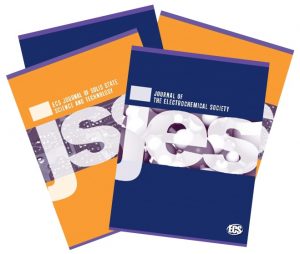 ECS prides itself on publishing high-quality, rigorously vetted content in its peer-reviewed journals, the Journal of The Electrochemical Society and the ECS Journal of Solid State Science and Technology.
ECS prides itself on publishing high-quality, rigorously vetted content in its peer-reviewed journals, the Journal of The Electrochemical Society and the ECS Journal of Solid State Science and Technology.
As one of the last remaining independent, nonprofit society publishers of electrochemical and solid state science and technology, ECS is committed to the provision of valuable and efficient services for its authors, whose research accelerates advances toward sustainability on a global scale.
Success in this endeavor requires the Society’s constant critical attention—to its authors, its publications, and vacillating trends in scholarly publishing.
To that end, ECS would like your feedback.
After over 115 years of peer-reviewed research, what is it that keeps authors publishing in ECS journals? In what ways do ECS journals excel?
To those who have opted to publish elsewhere, how might ECS journals adapt to meet your needs as an author? What aspects of ECS journals need reexamination?
Above all else, what do you look for in a scientific journal?
Whether you’re a proponent or a critic of ECS journals, please take a few minutes to tell us more.

Any feedback you are able to provide—positive or negative—will assist ECS in evaluating the strength and scope of its peer-reviewed journals.
Share your thoughts today to help shape the future of these publications!
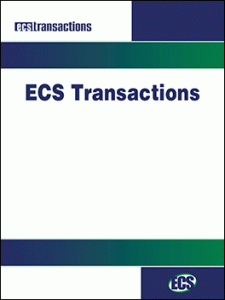 A new issue of ECS Transactions (ECST) has just been published. This issue includes 20 papers which will be presented at the Seventh International Conference on Semiconductor Technology for Ultra Large Integrated Circuits and Thin Film Transistors (ULSIC vs. TFT 7), to be held in Kyoto, Japan, May 19-23, 2019.
A new issue of ECS Transactions (ECST) has just been published. This issue includes 20 papers which will be presented at the Seventh International Conference on Semiconductor Technology for Ultra Large Integrated Circuits and Thin Film Transistors (ULSIC vs. TFT 7), to be held in Kyoto, Japan, May 19-23, 2019.



 ECS celebrated
ECS celebrated 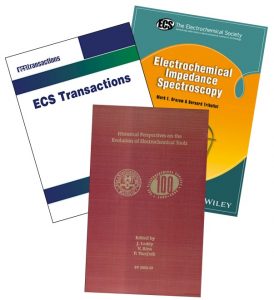 Attending the
Attending the 

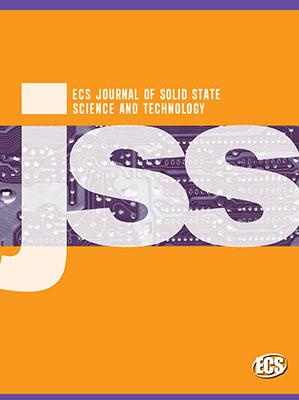 In a recently published ECS Journal of Solid State Science and Technology paper, ECS member Roger Loo and coauthors describe a new epitaxial growth technology and address the challenges of implementation. The open access article, “
In a recently published ECS Journal of Solid State Science and Technology paper, ECS member Roger Loo and coauthors describe a new epitaxial growth technology and address the challenges of implementation. The open access article, “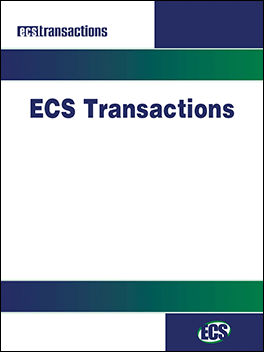 Twelve new issues of ECS Transactions have just been added to the ECS Online Store for pre-order.
Twelve new issues of ECS Transactions have just been added to the ECS Online Store for pre-order.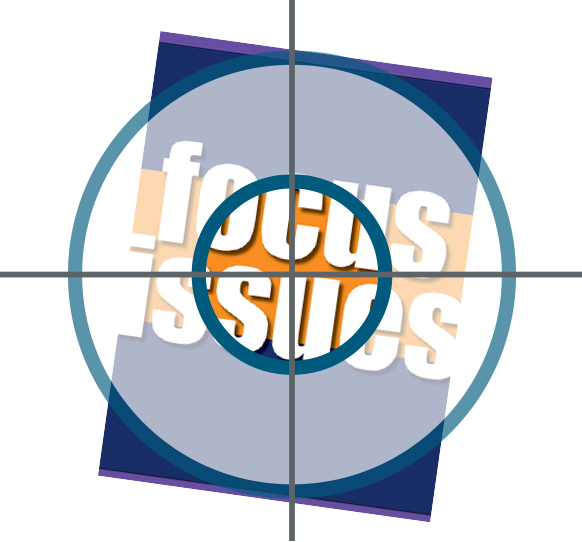 The
The